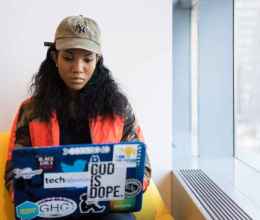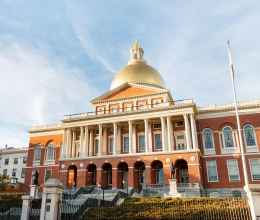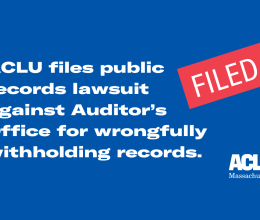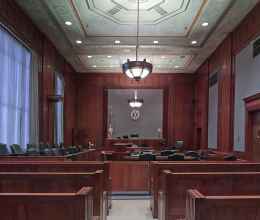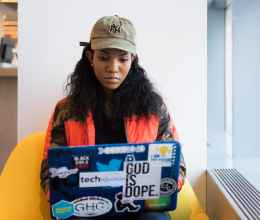
The ACLU of Massachusetts today announced its support for a Boston proposal to increase remote access for all public meetings, permanently establishing virtual participation options that have boosted resident engagement during the pandemic. Filed last week by Boston City Councilors Lydia Edwards and Liz Breadon, the ordinance would make local government more accessible to all Boston residents.
“Local democracy works best when all of us are able to engage,” said Carol Rose, executive director of the ACLU of Massachusetts. “Providing Bostonians with the option to remotely participate in city government meetings makes local government more accessible for residents with disabilities, and those who may not have access to reliable transportation, have caretaking responsibilities, or are unable to take a leave of absence from work, among other daily challenges. We commend Councilor Edwards and Councilor Breadon for their leadership and their commitment to expanding and deepening resident engagement with the democratic process.”
"The inaccessibility of most government meetings is a pre-pandemic inequity that we can't go back to,” said Councilor Edwards. “One of the things I'm focusing on as we come out of the pandemic is ensuring government is as transparent and accessible as possible. Permanently allowing residents to participate virtually would make it easier for a wider range of voices to be heard and bring our city's government one step closer to the standards residents expect from us.”
“Local democracy works best when all of us are able to engage,” said Carol Rose, executive director of the ACLU of Massachusetts. “Providing Bostonians with the option to remotely participate in city government meetings makes local government more accessible for residents with disabilities, and those who may not have access to reliable transportation, have caretaking responsibilities, or are unable to take a leave of absence from work, among other daily challenges. We commend Councilor Edwards and Councilor Breadon for their leadership and their commitment to expanding and deepening resident engagement with the democratic process.”
"The inaccessibility of most government meetings is a pre-pandemic inequity that we can't go back to,” said Councilor Edwards. “One of the things I'm focusing on as we come out of the pandemic is ensuring government is as transparent and accessible as possible. Permanently allowing residents to participate virtually would make it easier for a wider range of voices to be heard and bring our city's government one step closer to the standards residents expect from us.”
"Over the last year, we have seen productive local neighborhood meetings held entirely online,” said Councilor Breadon. "Digital access to government and civic meetings makes our city more democratic. We cannot miss this opportunity to bring in the voices of caregivers and others who are not able to attend in-person meetings."
In order to ensure equitable access to open meetings, the proposed Boston ordinance would require public meetings are accessible to persons with disabilities and non-English speakers.
The ACLU also backs a legislative proposal that would update Massachusetts’ Open Meeting law to guarantee that remote access to public meetings outlives the pandemic.
In order to ensure equitable access to open meetings, the proposed Boston ordinance would require public meetings are accessible to persons with disabilities and non-English speakers.
The ACLU also backs a legislative proposal that would update Massachusetts’ Open Meeting law to guarantee that remote access to public meetings outlives the pandemic.
